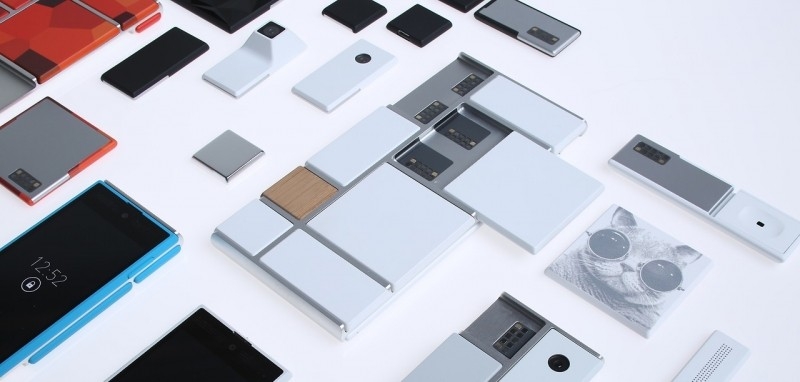Google revealed earlier this week that the pilot program for its modular smartphone had been delayed until 2016. What's more, the search giant said the test would no longer take place in Puerto Rico as the company was instead courting a few locations in the US.
The Project Ara team noted on Twitter that it had to create more prototypes than initially anticipated, thus leading to the delay. The team has since revealed exactly what caused the delay (or at least, one of the issues).
Project Ara's modular components are held in place by electropermanent magnets which consist of a permanent magnet and an electromagnet. This method was said to offer a more dependable and durable connection while still allowing users to easily swap out modules on-the-fly.
It seemed like a great idea when it was revealed last year but internal testing has apparently proven otherwise. The team recently said on Twitter that the electropermanent magnets #FailedTheDropTest. A follow-up tweet said they are now testing a signature experience to attach / detach modules but didn't elaborate any further.
While it's true that most users would end up putting their modular smartphone inside a protective case, a setback of this magnitude after years of development is no doubt disappointing. Hopefully the team's new method is able to get the job done. Still no word yet on when and where the pilot will take place.
